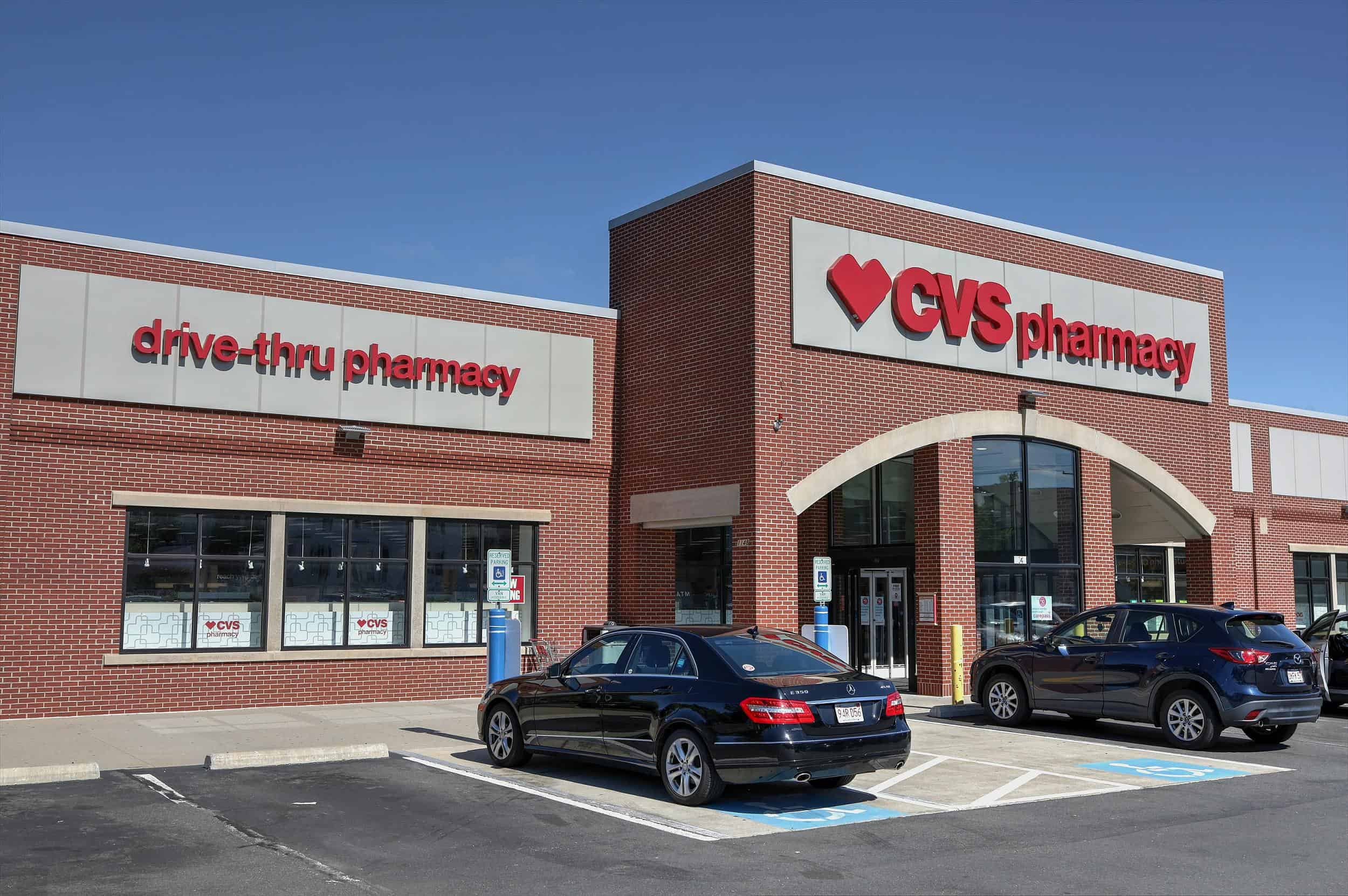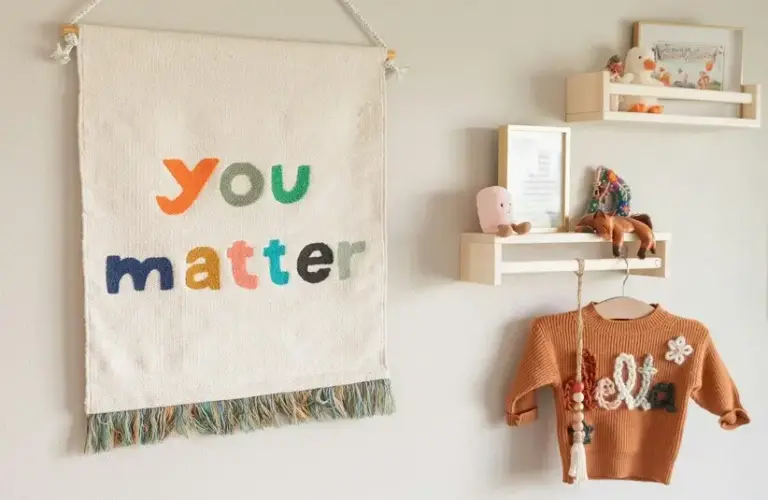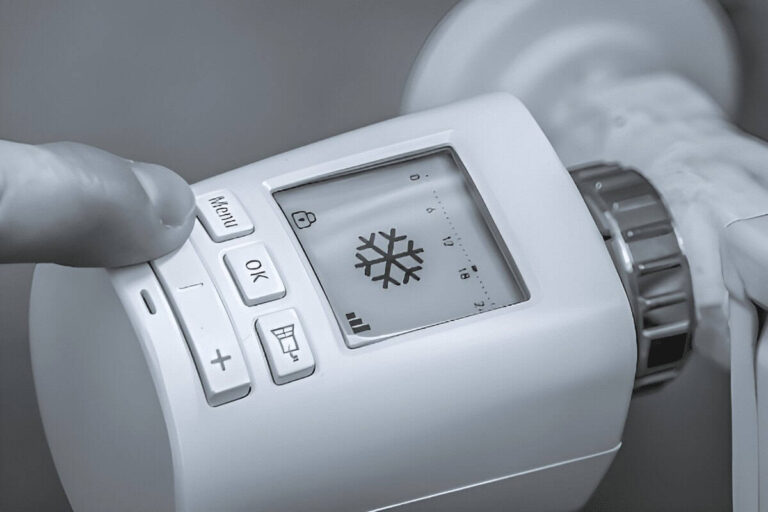CVS Recall Issued for Baby Drops, Colon Cleanser, and Ice Cream—Here’s What to Know
Another month, another CVS recall. At this point, customers might be forgiven for wondering if anyone is actually double-checking what lands on those pristine white shelves. While no new recalls have been announced yet in September 2025, the most recent wave in August included products ranging from baby drops to colon cleansers and even ice cream—showing just how quickly everyday items can turn into unexpected health hazards.
CVS Recall: Baby Drops Pulled Over Safety Concerns
The most alarming recalls involve baby products. Certain infant drops were flagged for safety issues, putting the most vulnerable consumers—infants—at risk. Parents already face enough anxiety managing teething, colic, and restless nights. The last thing they should worry about is whether the product they trust from a national pharmacy chain could harm their child.
This is more than an inconvenience. For parents, it’s a gut punch—a reminder that even products marketed for infants aren’t immune to dangerous oversights. According to a Newsweek report on CVS’s August recalls, customers were told to stop using products immediately due to potential safety risks.
Colon Cleanser Recall: A Risk Hiding in Plain Sight
CVS also pulled a colon cleanser supplement from shelves. Colon cleansers are already controversial in the wellness space, but when a CVS recall removes them over contamination or ingredient concerns, it raises serious red flags. Customers looking for relief or detox options may unknowingly be exposing themselves to substances that do more harm than good.
The takeaway? Supplements aren’t as tightly regulated as prescription drugs, which means recalls like this should remind consumers to scrutinize labels and sourcing.
Ice Cream Recall: When Treats Aren’t Sweet
Yes, even dessert got caught up in the CVS recall sweep. Ice cream from certain batches was flagged due to undeclared allergens. For someone with a milk allergy, that missing label isn’t just a minor mistake—it’s a potential emergency room visit.
It’s unsettling when indulgences like ice cream carry hidden dangers. Shoppers expect calorie counts and sugar warnings, not undisclosed allergens that can trigger severe reactions.
The Bigger Picture: Why These CVS Recalls Matter
When a single CVS recall affects products as different as baby drops, colon cleansers, and ice cream, it highlights a bigger issue. These aren’t just isolated mistakes—they’re symptoms of cracks in the supply chain.
If potentially contaminated or mislabeled items can slip through quality control at one of the nation’s largest pharmacy chains, what does that say about oversight across the entire retail landscape? Investigations like Bloomberg’s deep dive show how CVS brand recalls often trace back to outsourced factories overseas, where safety standards are inconsistent.
Regulators like the FDA and CPSC can issue warnings and enforce recalls, but by the time they do, many of these products are already in homes, medicine cabinets, or freezers.
CVS’s Response—And Why It Falls Short
In response to the CVS recall, the company has promised to remove products quickly and issue refunds. That’s the standard corporate playbook: act fast, reassure the public, and hope the story fades.
But here’s the uncomfortable truth—refunding money for unsafe products doesn’t erase the risks customers already faced. And it doesn’t address how these items made it onto shelves in the first place.
Customers deserve more than apologies and refunds. They deserve transparency and accountability.
What Consumers Should Do Now
As CVS enters September, still facing product recalls, a few practical steps can help protect your household:
-
Check recall lists. The FDA, CPSC, and CVS’s official Recalls & Notices page posts frequent updates.
-
Check lot numbers. Even within a recall, only specific batches may be affected.
-
Be cautious with supplements and children’s products. These categories are often the first to show up in recall alerts.
-
Report issues. If you spot a problem, your report could prevent others from harm.
Although September hasn’t seen a new recall so far, the August alerts remain active and important for customers to review.
Trust, Safety, and the Normalization of Risk
Perhaps the most troubling part of these CVS recalls is how routine they now feel. Recalls have become so frequent that consumers often shrug them off as just another part of modern shopping.
But recalls aren’t background noise—they’re warnings. They highlight the fragile trust between consumers and the companies they depend on for safety.
So next time you walk into CVS and grab a familiar product, ask yourself: Is the convenience worth the risk?
Because at the end of the day, this isn’t just about recalled baby drops, colon cleansers, or ice cream. It’s about whether we’ve grown too comfortable with risks that never should have reached us in the first place.






